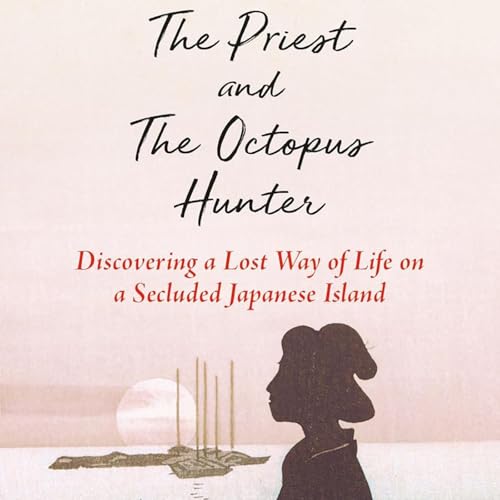The Man Who Loved China by Simon Winchester (with Tim McGirk)
John Ross talks with Tim McGirk about Simon Winchester’s masterpiece, The Man Who Loved China. That man was Joseph Needham, an eccentric Cambridge biochemist who traveled through war-torn China to document the nation’s scientific heritage. The ensuing book series, Science and Civilisation in China, revealed the world’s debt to Chinese science. John and Tim discuss the “Needham Question” (why China, once the global leader in technology, fell behind) and the scandal that almost ended his academic career. McGirk, a former foreign correspondent who knows Winchester from his early journalism days, shares some reporting anecdotes. Tim also explains how the life of Joseph Needham inspired his own historical novel, The Wondrous Elixir of the Two Chinese Lovers.
Books mentioned
The Man Who Loved China: The Fantastic Story of the Eccentric Scientist Who Unlocked the Mysteries of the Middle Kingdom by Simon Winchester (HarperCollins, 2008).
Science and Civilisation in China: Needham’s monumental series. Volume 1 was published by Cambridge University Press in 1954.
The Diamond Sutra: considered the world’s oldest dated printed book (AD 868).
The Wondrous Elixir of the Two Chinese Lovers by Tim McGirk (Plum Rain Press, 2025)
People mentioned
Joseph Needham: The Cambridge scientist who documented China’s early scientific achievements.
Lu Gwei-djen: A scientist from Nanjing who sparked Needham’s interest in Chinese culture, and, after a 51-year romance, his second wife.
Dorothy Needham: Joseph’s first wife and a fellow brilliant scientist.
H.T. Huang: A refugee from Malacca who served as Needham’s secretary during his epic China expeditions.
Zhou Enlai: The Premier of the People’s Republic of China and Needham’s wartime friend who invited him to investigate biological warfare allegations.
Selected locations mentioned
Cambridge University, the UK, specifically Caius College (pronounced “keys”).
Chungking (Chóngqìng): China’s wartime capital.
Dunhuang: Home of the Mogao Grottos, a vast complex of Buddhist cave temples in northwest China, and where the Diamond Sutra was discovered.
The Books on Asia Podcast is co-produced with Plum Rain Press.
Podcast host Amy Chavez is author of The Widow, the Priest, and the Octopus Hunter: Discovering a Lost Way of Life on a Secluded Japanese Island. and Amy's Guide to Best Behavior in Japan.
The Books on Asia website posts book reviews, podcast episodes and episode Show Notes. Subscribe to the BOA podcast from your favorite podcast service. Subscribe to the Books on Asia newsletter to receive news of the latest new book releases, reviews and podcast episodes.
 32 min
32 min Jan 19 202615 min
Jan 19 202615 min 28 min
28 min Jan 5 202630 min
Jan 5 202630 min 19 min
19 min Dec 22 202534 min
Dec 22 202534 min Dec 15 202530 min
Dec 15 202530 min 41 min
41 min
